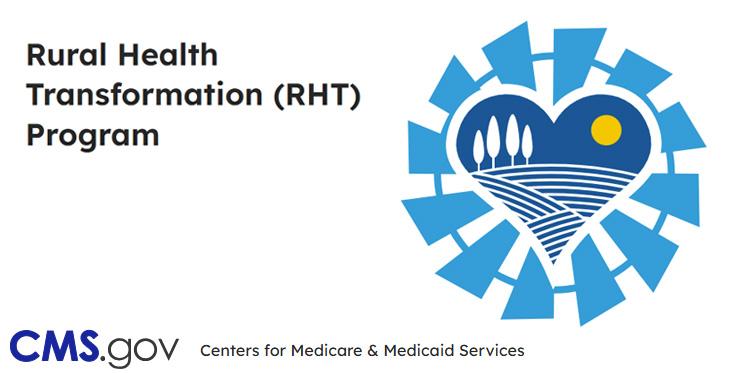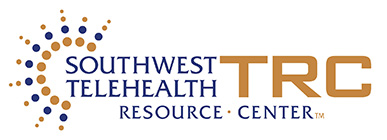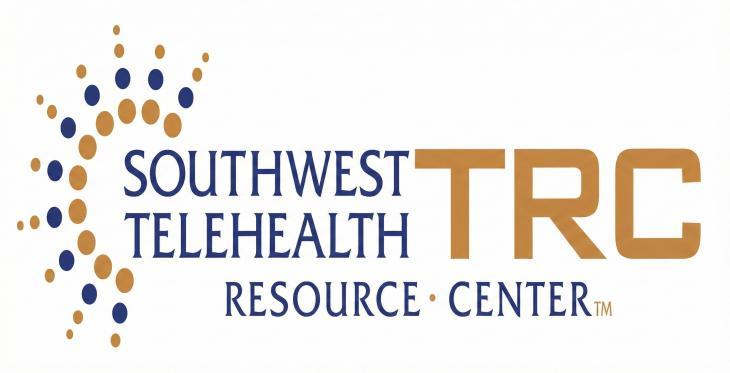The 2026 policy landscape signals a shift toward "tele-permanence" with the bipartisan FY26 funding package extending Medicare telehealth flexibilities through 2027 and the Hospital-at-Home program through 2030. Key updates include the permanent status of most telehealth codes and more flexible Remote Therapeutic Monitoring (RTM) options, such as new device supply codes for shorter 2–15 day collection periods and a 10–19 minute treatment management code. With FQHC/RHC billing via G2025 extended through 2026 and expanded support for behavioral health, CMS is establishing virtual care as a cornerstone of high-quality rehabilitation.
Southwest Telehealth Resource Center Blog

February is more than just a month of roses and chocolate. While the world celebrates Valentine’s Day with paper hearts and grand gestures, the American Heart Association (the Association) uses this time to spotlight a different kind of love: the lifelong commitment to your cardiovascular health. As technology evolves, our ability to care for our hearts is no longer confined to the four walls of a doctor's office.

In January 2026, as rural healthcare continues to face challenges like geographic isolation, provider shortages, and limited infrastructure, the Centers for Medicare & Medicaid Services (CMS) Rural Health Transformation (RHT) Program stands out as a pivotal initiative. This $50 billion effort awards funds to all 50 states to bolster rural health systems, with a strong emphasis on innovative capabilities like telemedicine and telehealth.

The landscape of healthcare delivery has been transformed by digital innovation, and as we move further into the connected health era, the need for rigorous research and meaningful dissemination has never been more critical. The Society for Education and the Advancement of Research in Connected Health (SEARCH) will be holding SEARCH 2026 – The National Telehealth Research Symposium, June 2-3, 2026, in Chapel Hill, North Carolina. It will showcase connected health efforts, strategies, and partnerships, specifically those that focus on the research of telemedicine, telehealth, eHealth, mHealth, and other healthcare technologies.

As a second-year medical student at the University of Arizona College of Medicine – Tucson, I’ve been fortunate to interact with patients early in my training. Yet the experiences that left the deepest impact weren’t from structured classroom activities. They came from the time I chose to spend at the Crisis Response Center (CRC) at Banner University South, a 24-hour stabilization center for youth experiencing mental health crises.
Sitting in on patient interviews, I witnessed the wide range of stories and struggles that bring children and adolescents to the CRC. Despite their differences, one theme stood out: the lack of continuity in behavioral healthcare, especially for those in foster care. Given my research on telehealth since 2020, I kept asking myself, could telehealth be part of the solution?


